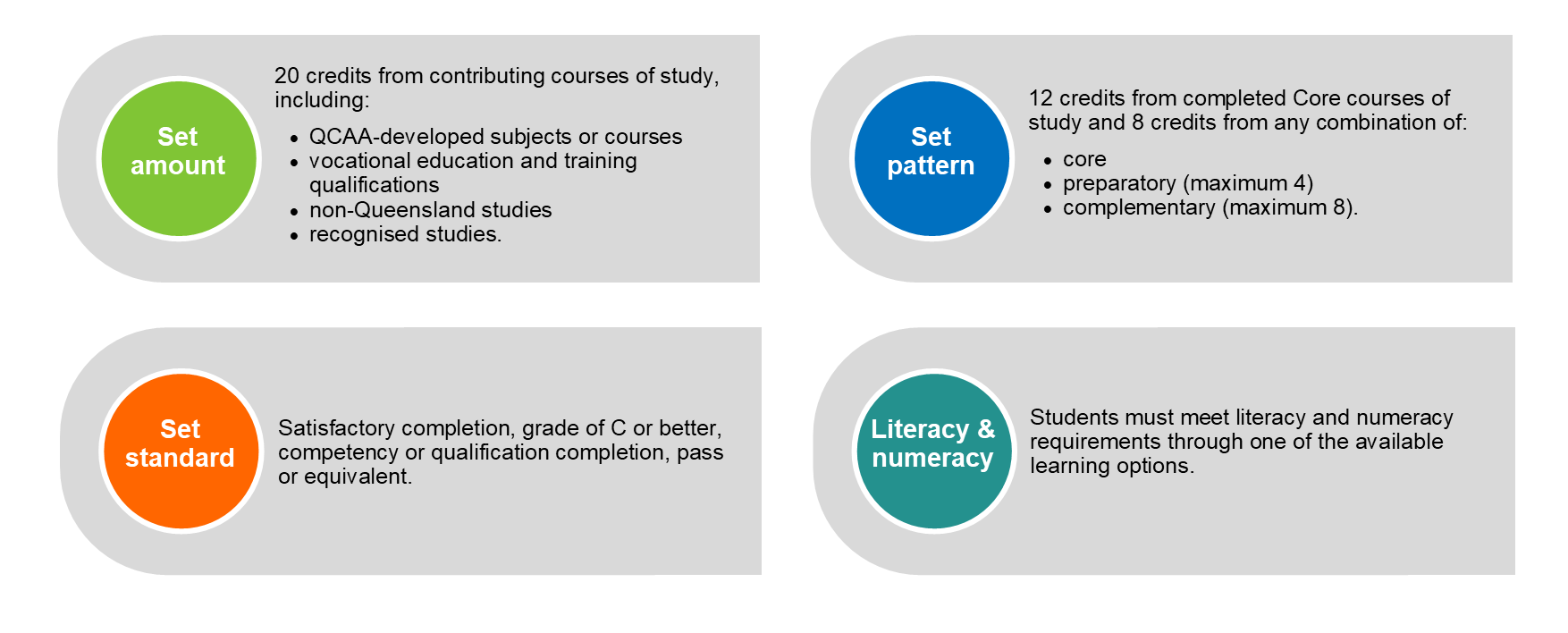In the Senior phase of learning, Bundaberg State High School expects all students who graduate to attain a QCE or QCIA that leads to/enhances their chosen pathways.
The Senior Education and Training (SET) Plan
The SET plan is a key component of our school’s career education program. It maps out a plan of action to ensure students remain on track for success in senior secondary, post-school education and work.
During the SET planning process, students identify their intended learning option to be achieved through the compulsory participation phase. Students are supported to acquire the knowledge and skills to develop their SET plan and to review and revise it, where necessary, throughout Years 11 and 12.
During the compulsory participation phase, the school provides meaningful career education experiences, e.g. work studies, TAFE in Schools programs, work experience, excursions, guest visitors and information sessions. Students are responsible for engaging in career education activities to inform the development of their SET plan (in in consultation with the school and their parents), and will own their SET Plan by making revisions as necessary during Years 11 and 12. Students seeking pathways beyond school in during year 10, 11 and 12 should be accessing support through the Guidance Officer, Year Level Co-ordinator, the Pathways Officer and Senior School Head of Department.
For more information on Planning your Pathway beyond year 10 visit my QCE
QCE basics
https://www.youtube.com/watch?v=549ttDyVHlg
To be issued with a QCE students need to complete the set amount of learning, at the set standard, in a set pattern, while meeting literacy and numeracy requirements.
Students receive one QCE Point for each unit they satisfactorily pass in Year 11 (Units 1 and 2) and two bundled QCE points if they pass Units 3 and 4 at the end of Year 12. Students can start accruing QCE points in year 10 through any recognised VET qualifications.
 Students require 20 credits to be eligible to receive a QCE.
Students require 20 credits to be eligible to receive a QCE.
Course type
| QCE category
| QCE credit
| ATAR eligibility
|
General subjects
| Core
| Up to 4 per course
| All subjects may contribute
|
Applied subjects
| Core
| Up to 4 per course
| Only 1 can contribute when combined with general subjects
|
Short courses
| Preparatory or complementary (depending on the course)
| 1 per course
| Do not contribute
|
Vocational education and training
| Core Preparatory or Complementary (depending on the course)
| Up to 8 per course Duplication of competencies between qualification will impact QCE points | Only 1 may contribute at Certificate III or higher, when combined with 4 general subjects
|
Other courses e.g recognised certificates, university subjects
undertaken at school
| Core Preparatory or Complementary (depending on the course)
| As recognised by the QCAA
| Check with QTAC, depends on course
|
Assessment
General subjects
General subjects have three internal assessments (set and marked by schools) and one external assessment (set and marked by QCAA).
Applied subjects
Applied subjects have four internal assessments (set and marked by schools). In Essential English and Essential Mathematics, one of the assessments is a common internal assessment (set by QCAA and marked by schools).
QCAA short courses
Short courses have two internal assessments (set and marked by schools).
VET courses
VET assessment will vary, depending on the type of course. It may include observation, written assessment, questioning, work samples or third-party feedback.